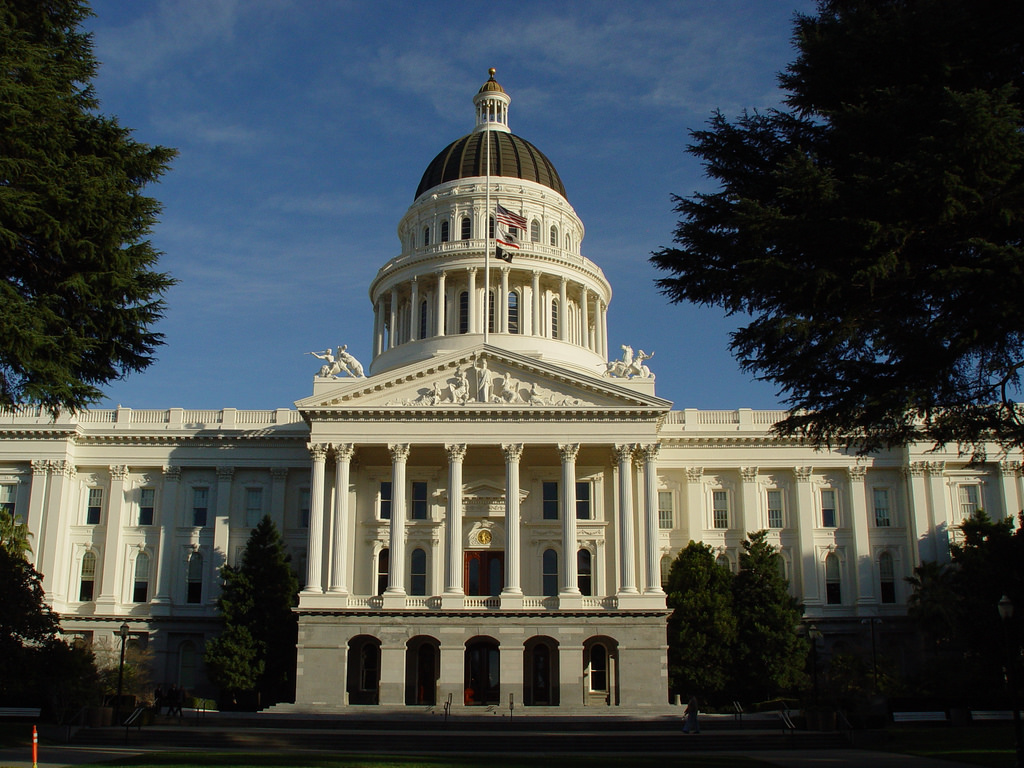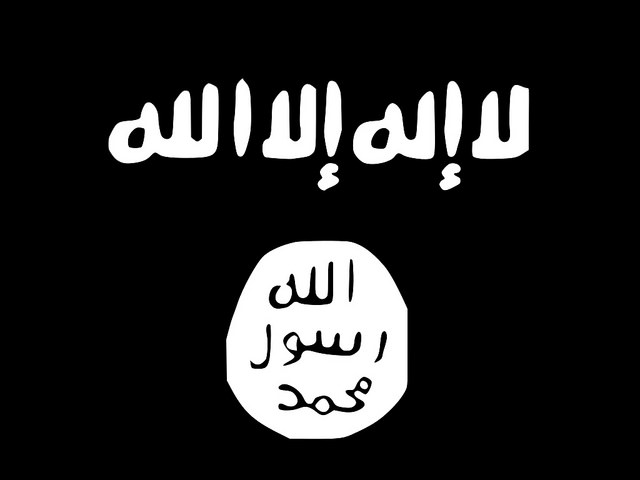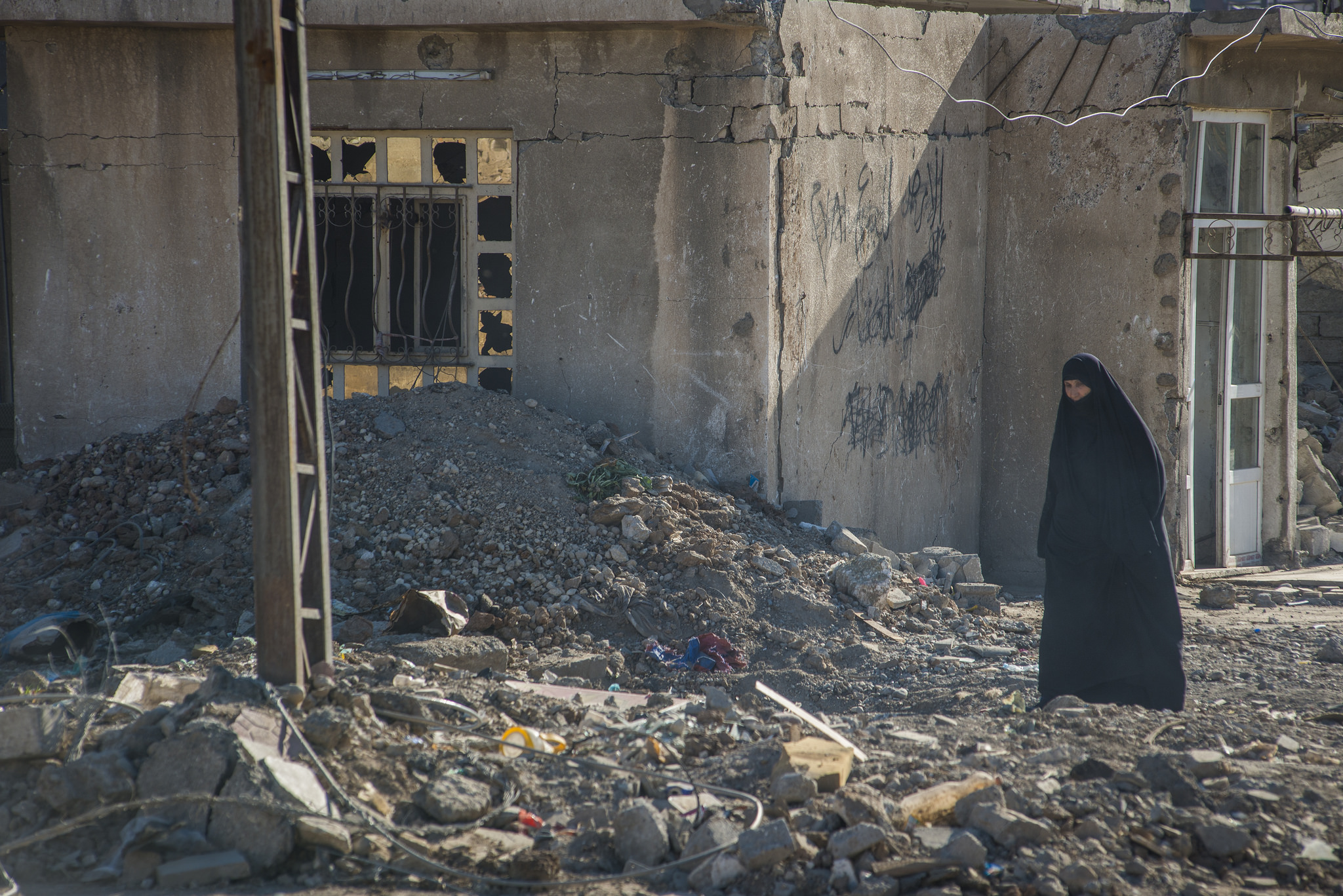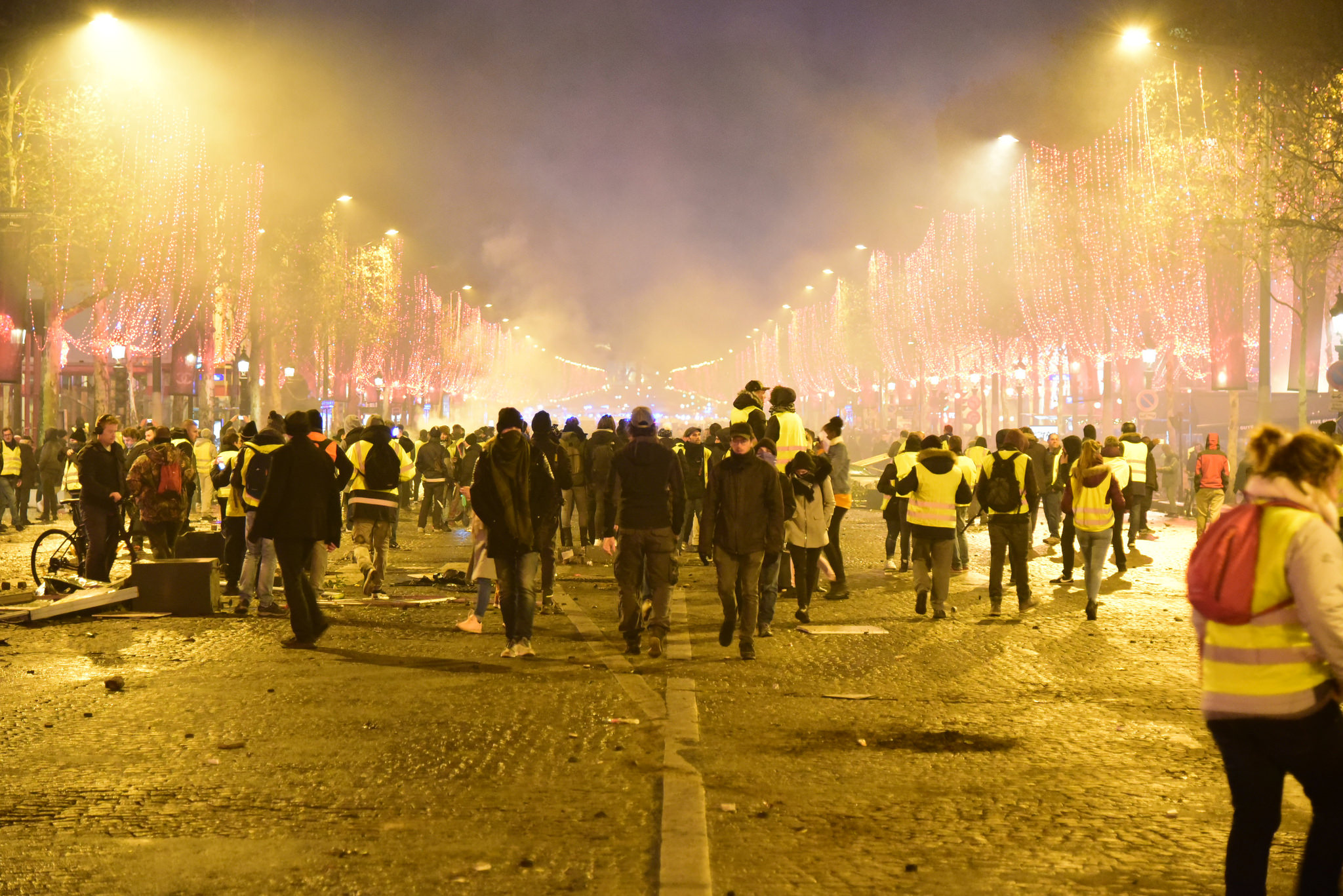Guest post by Roman-Gabriel Olar
The COVID-19 pandemic is not only a threat to public health, but also to democratic governance. The measures necessary to slow the spread of the virus—imposing regional and national lockdowns, bans on public assembly, restricting free speech and travel—resemble the toolkit of an authoritarian regime hellbent on consolidating power. Yet, democratic and autocratic regimes alike quickly embraced such restrictions of civil and political rights, unlocking a degree of executive authority that aspiring dictators only dreamt of until recently.
Democratic politics has been swept by a global wave of autocratic measures whose consequences will most likely outlive the COVID-19 pandemic. Which regimes will recover from this wave of autocratization?
The severity of civil and political restrictions has varied across regimes, yet the dangers it poses has not. Much like the virus affecting people with underlying health conditions, the threat posed by the adoption of these draconian measures is most severe for regimes with already existing challenges to democratic governance.
Russia’s Vladimir Putin used the pandemic to ban even single-person protests against his plans to change constitutional presidential terms and extend his power indefinitely. Similarly, Hungary’s Prime Minister, Viktor Orban, enacted legislation allowing him to rule by decree indefinitely and to silence any media outlets spreading fake news. President Narendra Modi of India imposed a lockdown on the country, partly to stem the virus, but also to stymie protests against the Muslim citizen bill he has recently passed. Bolivia’s electoral body postponed the upcoming presidential election, which is already mired in uncertainty regarding its merits given the recent ouster of Evo Morales.
This global wave of democratic restrictions resembles a diffusion process wherein one country’s adoption of a policy alters the adoption of that policy by other countries. In this case, restrictions of civil and political rights spread almost as quickly as the virus. Previous research on policy diffusion shows there are multiple mechanisms through which policies diffuse between countries. Countries not only follow the policies of their geographic neighbors, they also follow the policies of countries with which they share similar characteristics or vulnerabilities. For example, repressive strategies diffuse between autocracies that have similar vulnerabilities to the opposition. The current wave of pandemic-driven autocratization has offered the perfect cover for unconstitutional power grabs and consolidation.
The established democracies of the European Union were the first to implement some of the most restrictive measures, but no one batted an eye. However, when embattled leaders or aspiring dictators adopted similar measures, the international community quickly expressed concern. This happened because the legitimacy of the political objectives of Orban, Putin or Netanyahu’s rule was in question long before the pandemic. Viktor Orban of Hungary has long set his sights on transforming Hungary into an illiberal democracy, with the pandemic offering him the perfect cover. Similarly, Israel’s prime minister, Benjamin Netanyahu, used the pandemic to suspend the activity of the courts and the parliament, thus helping him temporarily avoid an impending corruption trial. The pandemic also offered Netanyahu the perfect cover to prevent the formation of a new government and fight challenges to his position in power.
Ultimately, the domestic legitimacy of political processes and objectives will determine countries’ ability to bounce back to the democratic path. Public demand for democracy follows a cyclical pattern—the public demands more democracy exactly when democracy itself decreases. The quick decline in democracy during the pandemic will drive demands for democracy. The bounce-back will be much quicker in established democracies because of their robust set of institutional mechanisms, which allow citizens to pressure their governments and hold them to account. Countries in democratic neighborhoods, such as Hungary or Bolivia, might stand a better chance of recovery as well.
By the same token, already weakened democracies may find it more difficult to bounce back from this wave of autocratization. While public support for democracy help democracies survive, it does not seem to push autocrats to liberalize their political systems. The increased repressive capacity of an autocracy helps explain why this happens. Yet, the effects of the virus spare no regime, and sooner or later, these regimes will need to deal with the effects of the virus. Autocrats projected image of power might be reduced by their regime’s inability to deal with the mounting numbers of sick and dying patients. This might galvanize demands for change, yet collective action to push for such changes is made even more complicated by the virus. At the same time, demands for change might create the conditions for elite power grabs, whose effects on prospects of democratization is still highly contentious.
Much like the actual virus, the pandemic of reversal in democratic governance will disproportionately affect the weakest of the regimes, but regimes with already existing domestic and international networks of support have better chances of democratic recovery.







